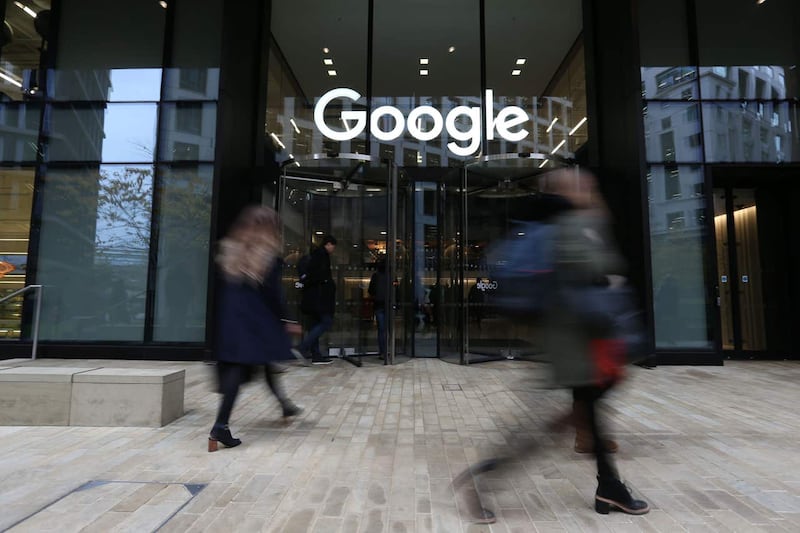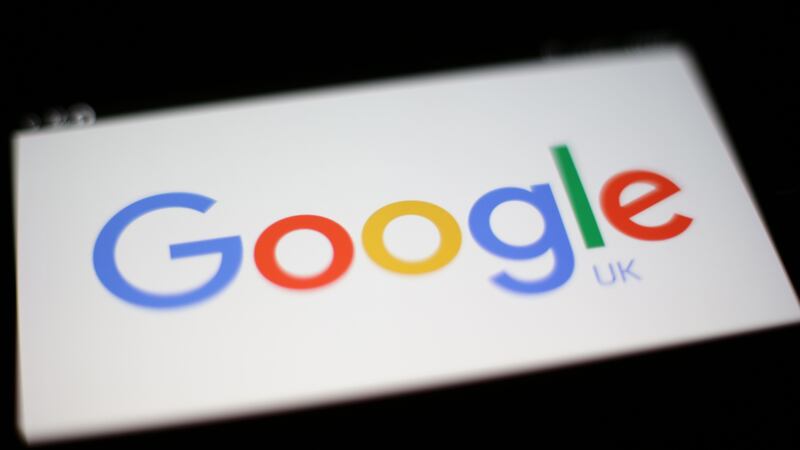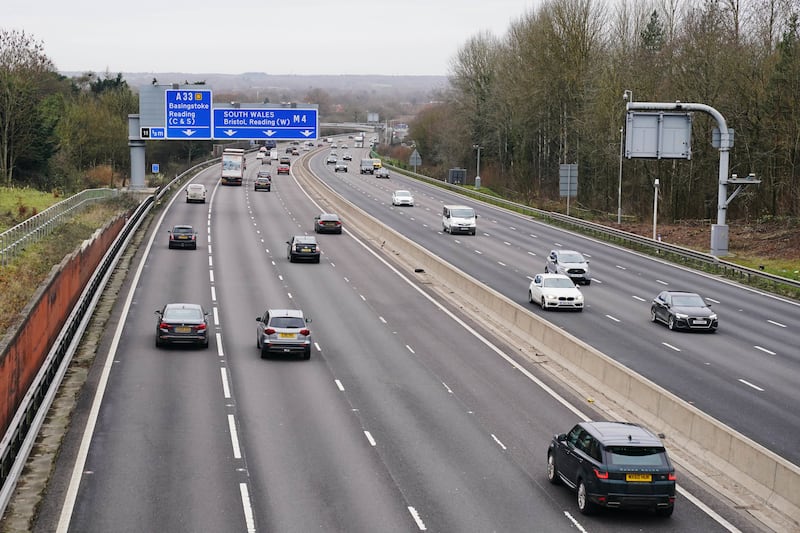Google is facing fresh scrutiny over user location tracking after a collection of consumer groups from across the EU filed complaints claiming the practice breaches data protection rules.
The tech giant uses location tracking on its Android operating system to improve search results and provide recommendations, but location history is only stored if the person decides to opt in.
Seven consumer groups representing Norway, the Netherlands, Greece, the Czech Republic, Slovenia, Poland and Sweden accused Google of using “various tricks and practices” to track people’s location while not giving straightfoward information about what it entails.
The organisations are submitting complaints to their national data protection watchdogs as they believe location data can reveal personal details, breaching the General Data Protection Regulation (GDPR), which was introduced six months ago to give consumers greater control over how their data is handled.
[PRESS] Consumer groups from across Europe file complaints against Google for breach of GDPRhttps://t.co/LyqhpoRcmm#deceivedbydesign pic.twitter.com/ZkA9DFN6q0
— The Consumer Voice (@beuc) November 27, 2018
The groups claim the company does this by using deceptive click-flow when setting up an Android device, hidden default settings, misleading and unbalanced information and repeatedly nudging people to turn on Location History.
These “unfair practices leave consumers in the dark about the use of their personal data” which could be used to reveal a person’s religious belief based on going to places of worship, political leanings if they attend a demonstration, or sexual orientation by visiting a gay bar, the groups said.
“Google’s data hunger is notorious but the scale with which it deceives its users to track and monetise their every move is breathtaking,” said Monique Goyens, director general of the European Consumer Organisation, umbrella group for the organisations.
“Google is not respecting fundamental GDPR principles, such as the obligation to use data in a lawful, fair and transparent manner.
“Thanks to the GDPR, users should be in control of their personal data. Google’s deceptive practices are in breach of the spirit and the letter of this regulation.
“We need strong, coherent, enforcement of the rules. We can’t have companies pretending to comply but de facto circumventing the law.”

The umbrella group’s UK member, Which?, is not filing a complaint to the British watchdog, but has investigated concerns about misuse of consumer data in a report earlier this year.
“Which? has been actively involved in discussions with BEUC [European Consumer Organisation] and consumer organisations across Europe regarding these complaints and is supportive of this action, which addresses important concerns about transparency online and how consumer data is collected,” a spokesman said.
“We recently called for the UK competition regulator to conduct a market study into these issues across the digital advertising industry as a whole, including how the concentration of power in the hands of Google and Facebook may be harming consumers.”
A Google spokesman said: “Location History is turned off by default, and you can edit, delete or pause it at any time.
“If it’s on, it helps improve services like predicted traffic on your commute. If you pause it, we make clear that – depending on your individual phone and app settings – we might still collect and use location data to improve your Google experience.
“We enable you to control location data in other ways too, including in a different Google setting called Web & App Activity, and on your device.
“We’re constantly working to improve our controls, and we’ll be reading this report closely to see if there are things we can take on board.”








